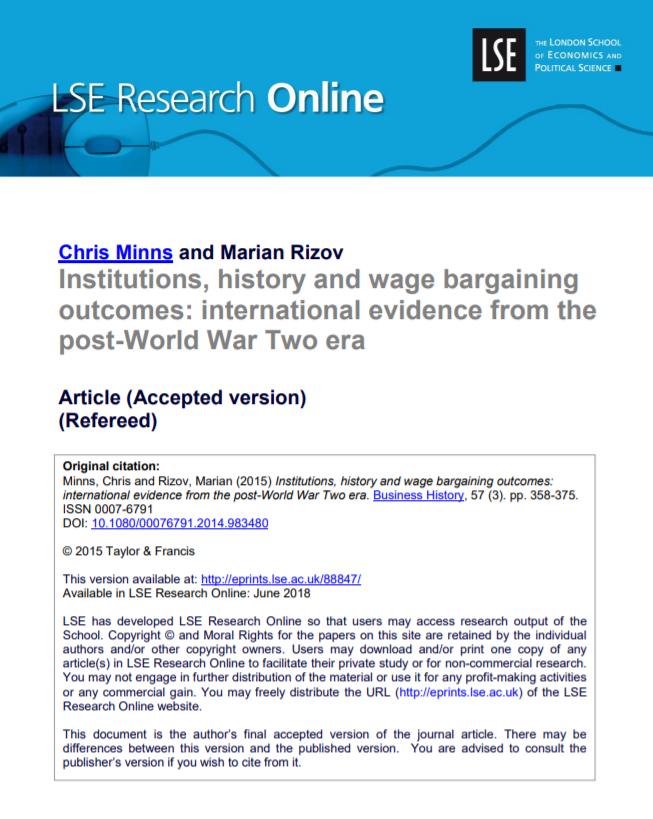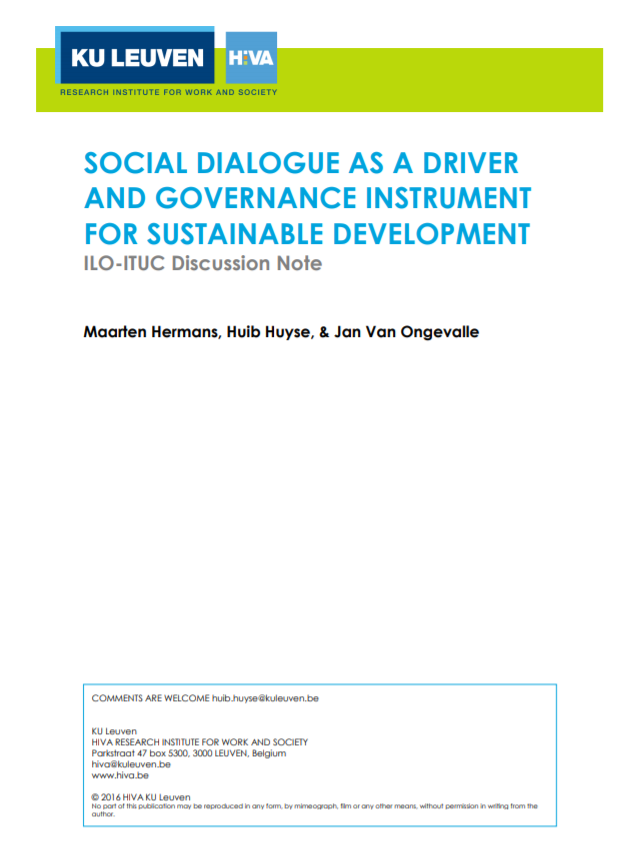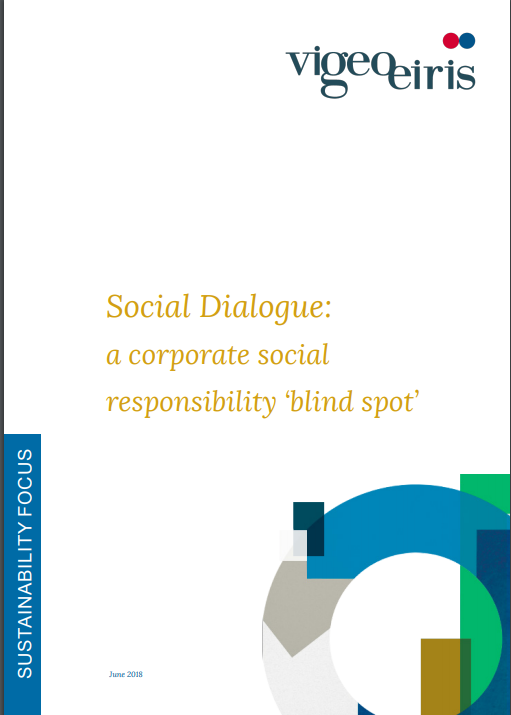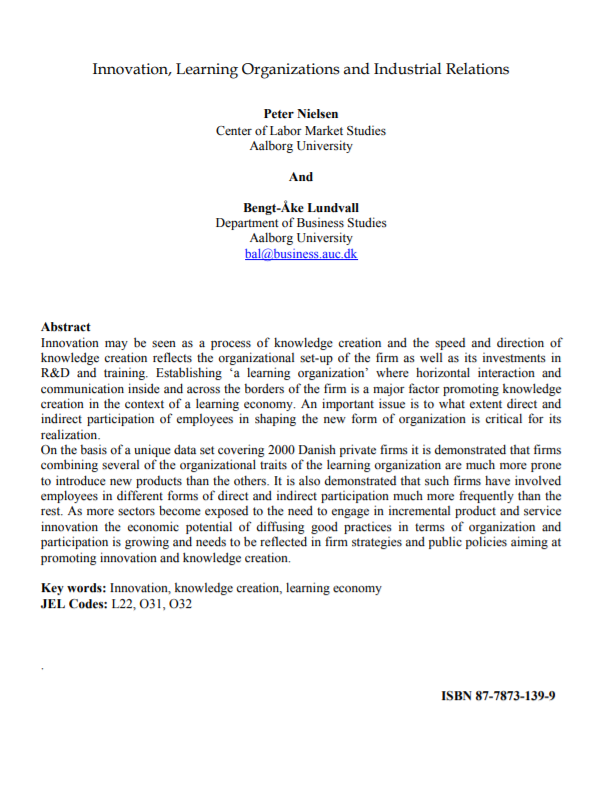
Summary
The representation of social services workers in the EU is broadly lacking. Employers outside of the public sector are not organised in any meaningful fashion and this significantly hampers the ability of for-profit and not-for-profit social service workers to engage in meaningful social dialogue. The PESSISS+ project suggests organising social dialogue for social services on an EU level, to bring consensus to all member nations and create a strong and enforceable set of standards for the sector overall.
For the original source, please click here








